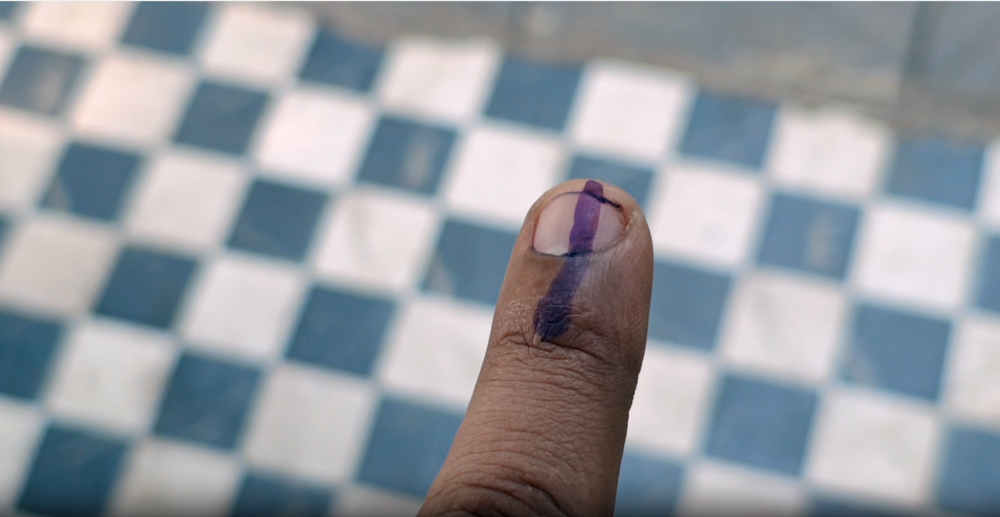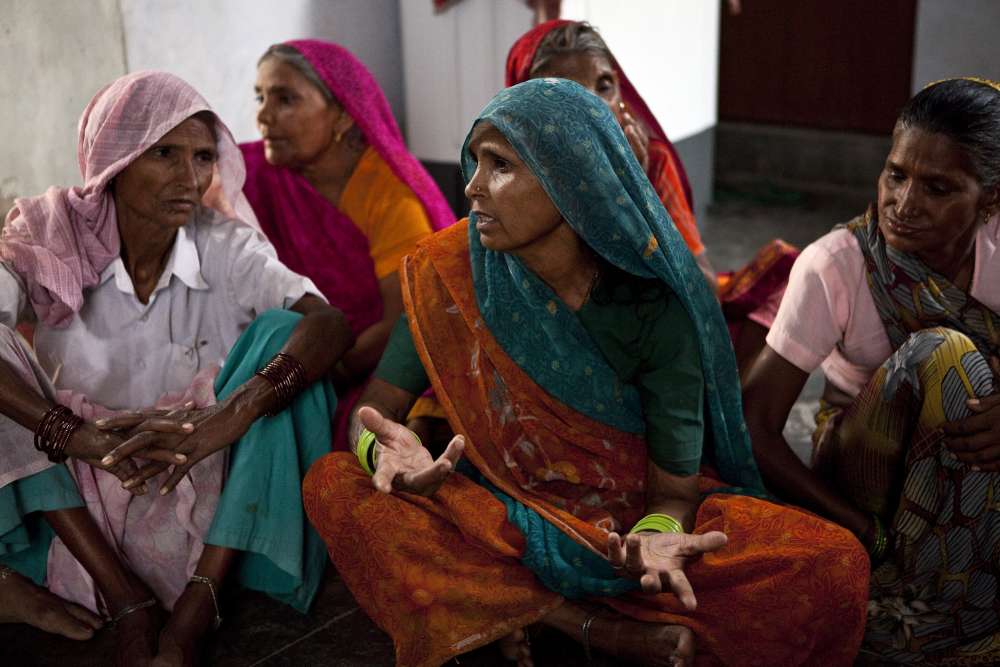Researching Academic Freedom
Guidelines and Sample Case Studies

Academic freedom is a prerequisite for research and innovation. While a lively debate on the state of academic freedom is taking place across various disciplines, there are few comparative studies on its actual status or development over time. For the body of existing literature to generate a more systematic understanding of academic freedom, scholars must acknowledge the need for a comparative, and at the same time comprehensive, approach to researching academic freedom at an empirical level.
To facilitate in-depth research on the realization and violation of academic freedom around the world, this book introduces case study guidelines as well as four case studies that apply these guidelines to the country cases Brazil, Egypt, Ireland, and Russia. By utilizing an interdisciplinary perspective, these guidelines can also help overcome persisting disciplinary boundaries in existing research on the state of academic freedom worldwide. The book also includes an inventory of available data sources on academic freedom, providing guidance on how to draw on and contextualize this data in country-level assessments.
Only by fostering a deeper understanding of the conditions under which academic freedom is preserved or violated can we develop targeted recommendations and policies to effectively protect and promote academic freedom. By targeting potential practical applications, the aim of this volume is to present and promote systematized, and therefore comparable, empirical research on academic freedom based on a variety of methods and data sources. This book is intended to inspire researchers working on issues of academic freedom and give guidance on future studies.
This edited volume is available in English with FAU University Press and includes contributions from Katrin Kinzelbach, Janika Spannagel, Ilyas Saliba, Conrado Hübner Mendes, Katarzyna Kaczmarska, Elizaveta Potapova, and Kirsten Roberts Lyer.







